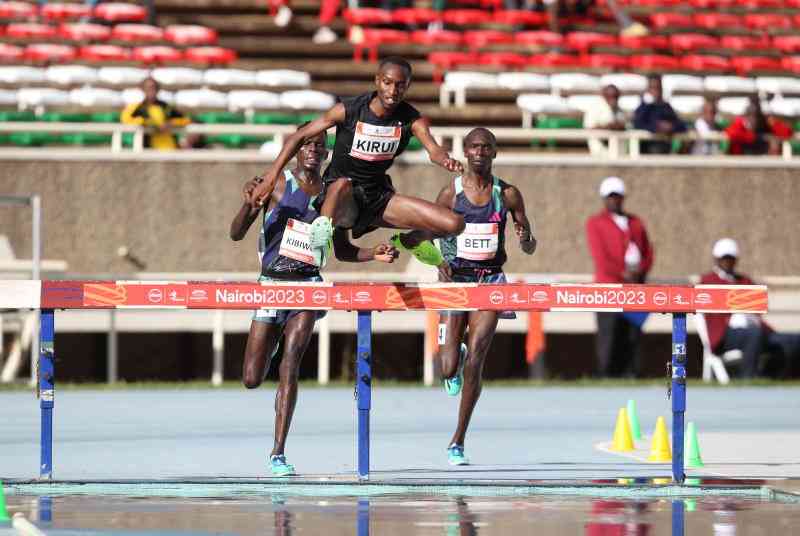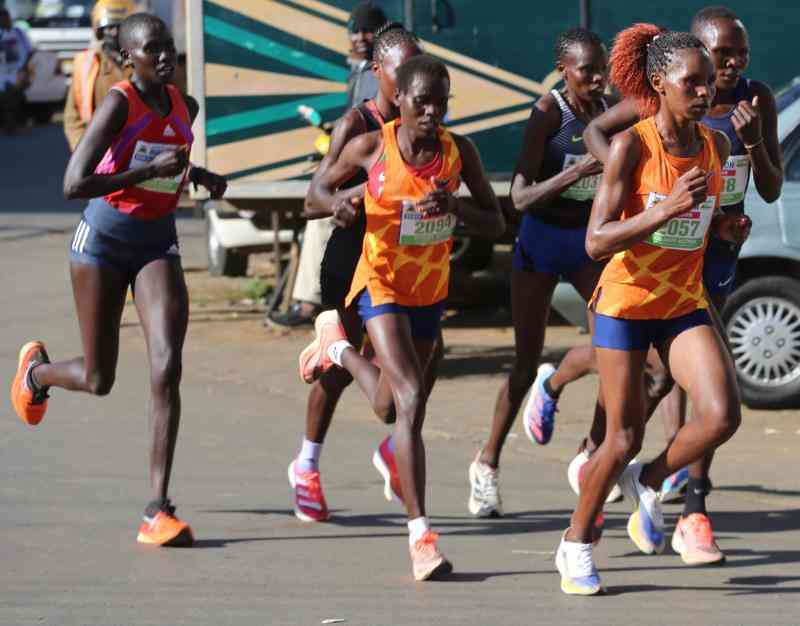Kenya: Recent funding cuts by the US President’s Emergency Plan for Aids Relief (PEPFAR) has hit several civil society groups by surprise, forcing them to sack workers or cut down on their operations.
One of such is Fanikisha, an institutional strengthening project that has been running a five-year programme ending in 2016 and funded by Pepfar.
With this funding, Fanikisha, which was implemented by the Management Sciences for Health, a global health non-profit organisation, would grant 10 non-governmental and civil society organisations (CSOs).
These include I Choose Life, National Organisation of Peer Educators (NOPE), the Kenya Alliance of NGOs against Malaria (KeNAAM) and the National Empowerment Network of People Living with HIV and AIDS in Kenya (Nephak), among others.
“These direct beneficiaries would in turn grant their affiliates,” says Dr Daraus Bukenya, MSH Country Representative and the Chief of Party, Fanikisha, “so in essence we empowered over 30 organisations.”
Though Dr Bukenya acknowledges that there have been cuts forcing Fanikisha to stop the project one and a half years earlier than envisaged, he wouldn’t give the details saying it is a sensitive matter.
However, we reached some of its beneficiaries, who have been heavily affected. NOPE, a Kenyan NGO which provides health and social services, especially to the youths, children and women in 30 counties, after the cuts, dismissed over 30 of its staff.
Philip Mbugua, the executive director and founder, says NOPE got most of it funds from Fanikisha. “Like some of the organisations under Fanikisha, we had several affiliates whom we sub-contracted. I cannot mention figures, but we receive quite a significant figure, half of which is gone.” He intimates that close to 500 people under Fanikisha have lost their livelihoods.
NOPE scaled down on the activities of the seven CSOs they support, including Keeping Alive Societies’ Hope and Embu Youth Aids Advocate, which Job Akuno, the preventive and promotive manager, NOPE, says has no other source of funding.
“We are afraid that at the time when we are talking about Getting to Zero; zero new HIV infections, deaths and discrimination we will lose the plot as Pepfar is now only funding for treatment,” says Akuno.
Then there is KeNAAM, the Kenya Alliance of NGOs against Malaria, which has been working to eradicate malaria in Kenya since 2001, besides other programmes like maternal, neonatal and child health. According to an affected staff, 80 per cent of the project is ‘gone’, with only administrators left to wind up.
Science and health journalists in Kenya have also received a beating indirectly. Most have been trained by Internews in Kenya since 2003, which has a resource centre for journalists. But now Internews is closing down by July 31, according to a note sent to journalists.
This follows funds cut which saw 17 of the over 30 employees sent home in May. Internews Country Director Ida Jooste says they get funds in chunks, or obligated amounts throughout the Health Media Programme contract period and now in the second year of a four-year contract, Internews was expecting an obligation of plus US$2 million but they got US$700,000.
But Pepfar, which was started by George Bush in 2003, insists it has not withdrawn its support but will continue with its commitment in Kenya. According to Pepfar Deputy Coordinator Hanna Dagnachew, in a 10-year partnership, Kenya has benefited from about US$2 billion.
Stay informed. Subscribe to our newsletter
The fund has seen over 600,000 Kenyans put on the lifesaving anti-retroviral therapy from a paltry 36,000 in 2005, 690,000 taken through Voluntary Medical Male Circumcision.
And in 2013 alone, said Dagnachew during the sixth International Conference on Peer Education, Sexuality, HIV and Aids in Nairobi organised by NOPE, 1.2 million pregnant women attending clinic were HIV tested, averting infants being infected with HIV. In what it calls right-sizing, Pepfar explains it will be funding only ‘core programmes’ that is HIV treatment and care.
 The Standard Group Plc is a
multi-media organization with investments in media platforms spanning newspaper
print operations, television, radio broadcasting, digital and online services. The
Standard Group is recognized as a leading multi-media house in Kenya with a key
influence in matters of national and international interest.
The Standard Group Plc is a
multi-media organization with investments in media platforms spanning newspaper
print operations, television, radio broadcasting, digital and online services. The
Standard Group is recognized as a leading multi-media house in Kenya with a key
influence in matters of national and international interest.
 The Standard Group Plc is a
multi-media organization with investments in media platforms spanning newspaper
print operations, television, radio broadcasting, digital and online services. The
Standard Group is recognized as a leading multi-media house in Kenya with a key
influence in matters of national and international interest.
The Standard Group Plc is a
multi-media organization with investments in media platforms spanning newspaper
print operations, television, radio broadcasting, digital and online services. The
Standard Group is recognized as a leading multi-media house in Kenya with a key
influence in matters of national and international interest.







